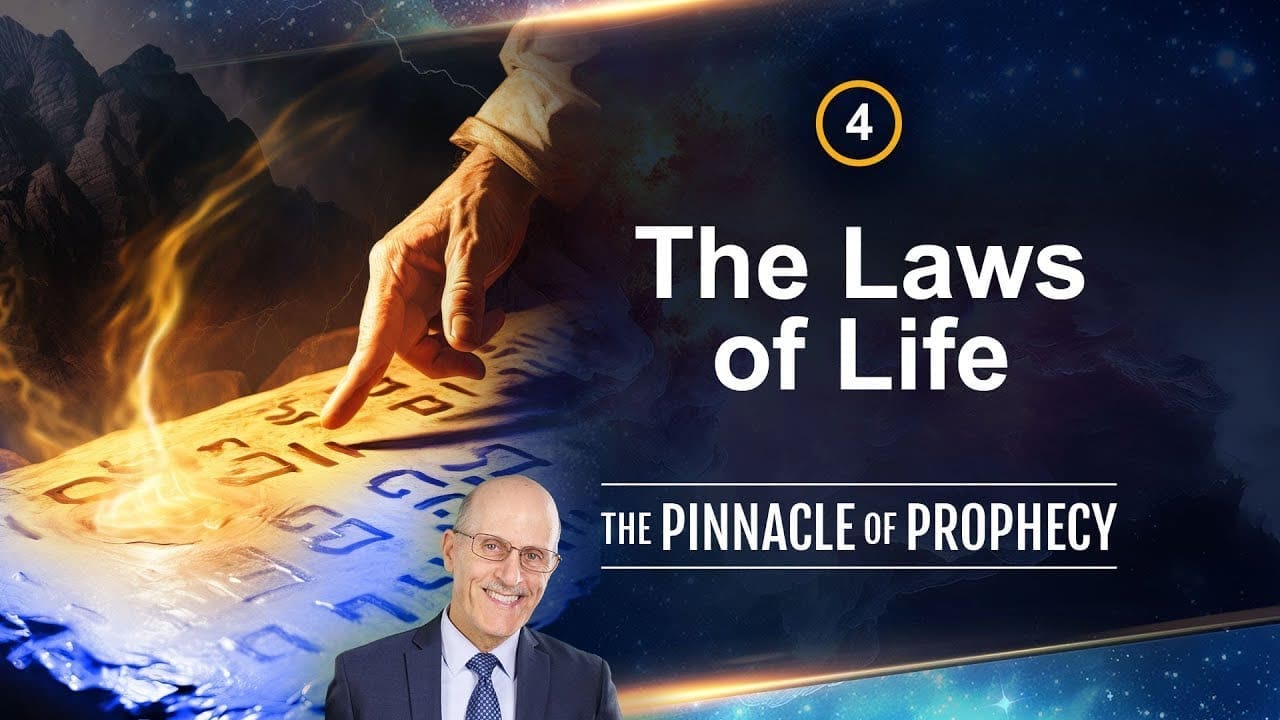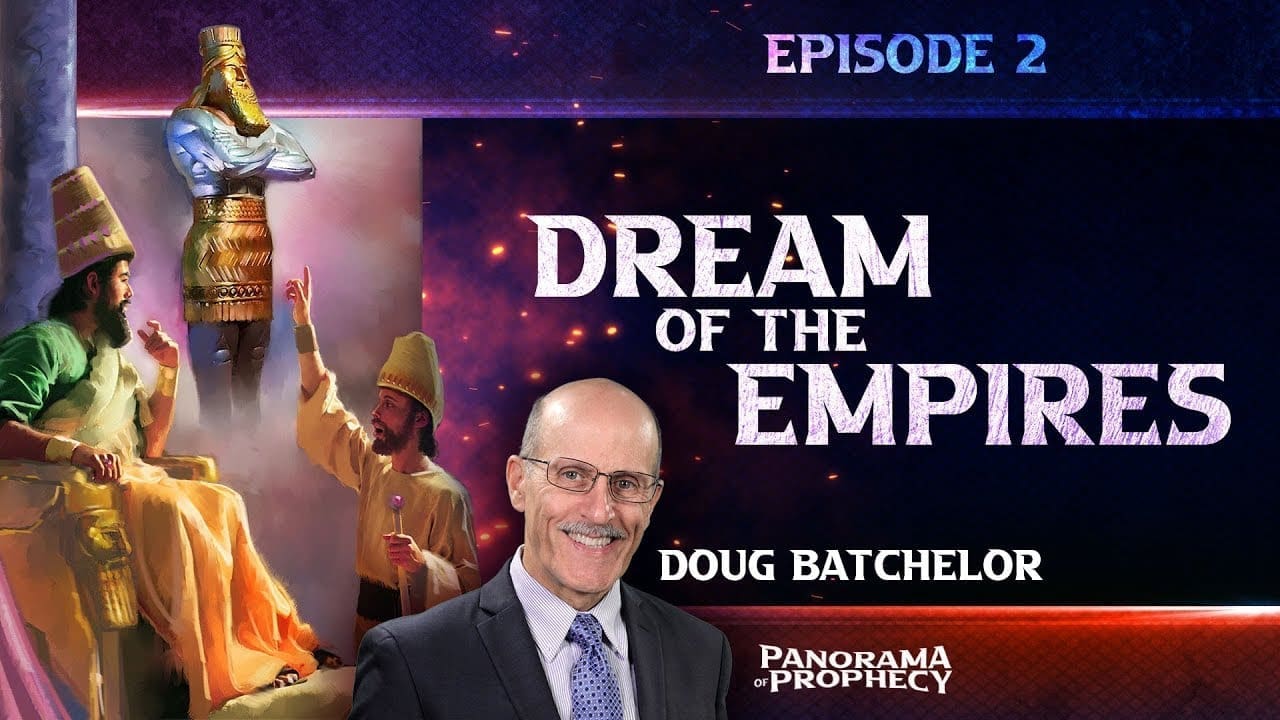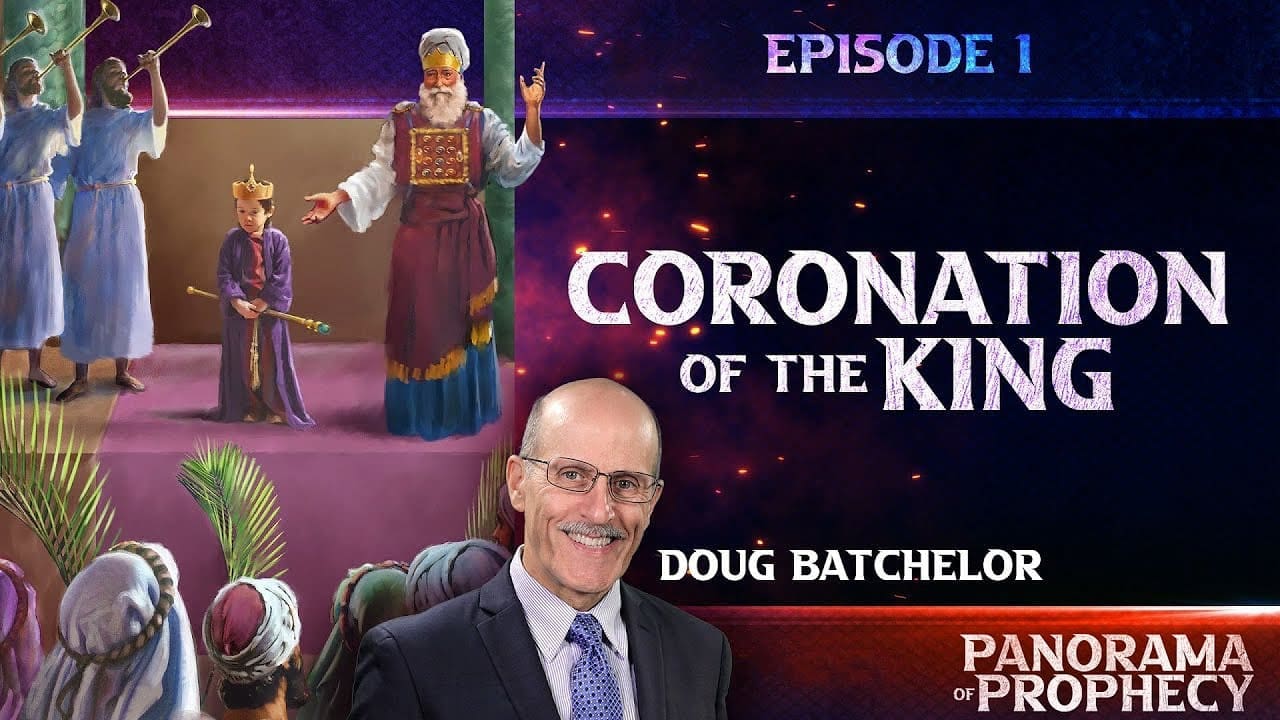What is the purpose of the Ten Commandments?
According to an online poll of American and British citizens conducted by Deseret News, the Ten Commandments have no purpose as they are losing their applicability to modern life. Most respondents saw that the commandments about murdering, lying, stealing, and committing adultery have a purpose. However, the commandments that more explicitly deal with our relationship with God are considered increasingly irrelevant. According to their research, only 20% of those who completed the survey in the U.K. believe we should have no other gods besides the Biblical God. Furthermore, the command to keep the Sabbath was seen as important to as few as 19% of people.
Questioning the Purpose of Divine Law
What is the purpose of God giving us the Ten Commandments if, in this modern era, they are seen as outdated and irrelevant? One Freedom from Religion Foundation commentator has labelled the commandments as outdated, childish, vindictive, sexist, inflexible, and morally inadequate. He suggested that the Ten Commandments have no purpose other than to outline the reasons for God to “zap you if you fail to stroke His uneasy vanity.” Is God an “imaginary father figure who has this big ego that wants to be worshipped,” as this commentator said? Would it be better to be guided by our own conscience and enlightened values, looking within our individual or collective selves for ultimate truth?
Lessons from History: The Case of Pitcairn Island
History bears a record of the outcome of not having laws. There is a purpose to having the Ten Commandments. In 1790, Pitcairn Island was settled by a collection of mutineers from the HMAV Bounty and several Polynesians that they had brought with them to be enslaved. In 1793, many of the mutineers and Polynesians were murdered in a series of revenge killings. Sexual assault was also rampant. The Island was lawless. They had not considered the purpose of the Ten Commandments yet.
A Turning Point: The Discovery of the Bible
Pitcairn was still not free of its tragedy. In 1796, one of the mutineers committed suicide after years of drinking himself into feeble health. Then, in 1799, Pitcairn was marked by further murder, and only two of the mutineers remained: John Adams and Edward Young. Together, these two men reflected on the decade on Pitcairn and felt a need for a decided change. Fossicking through the belongings of one of their murdered companions, they found a Bible and a prayer book. As they read these two books, they underwent a conversion. Suddenly, the Ten Commandments had a purpose. Law and order were brought to the island. When the British government finally found John Adams, after years of searching for the mutineers, they were impressed with both him and the settlement. Consequently, he was pardoned for the crime of mutiny and left to live out the rest of his days in peace on Pitcairn.
We need a standard by which we can judge what is right and wrong. Some suggest this is the primary purpose of the Ten Commandments. It will vary considerably if we all look within ourselves for a standard. One person may believe it is okay to lie or steal and even murder, while another person may believe that it is wrong. We cannot look to the collective to define right and wrong. The current division in society over what is perceived as right and wrong should be enough to tell us that. Moreover, if we study the outcome of the collective decisions of Nazi Germany, we should be thoroughly afraid of allowing the collective to define our morality.
Exploring Sources of Moral Guidelines
So, where do we turn for that standard of morality? Many religions of the world have laws or expectations regarding the behaviour of their adherents. All of them provide guidelines regarding their relationship with others and their god. Even atheism has principles. The atheist places the individual self or the collective as their god. They are to look out for and maintain the self or the collective. Thus, the expectations around behaviour are based on either self-preservation or humanistic practices. Unfortunately, because everyone is their own god, the rules are defined a little more loosely; what is good for one person can be entirely wrong for another. A clear, defined standard, as found in the Ten Commandments, has no purpose for the atheist.
The best moral standard has selflessness and other-centredness as its cornerstone. No other religious law does this more plainly and with such purpose than the Ten Commandments. Jesus summarises the Ten Commandments with one word: love.
In Matthew 22:36, a lawyer comes to Jesus and asks, “Teacher, which is the great commandment in the law?” Jesus replies, “You shall love the Lord your God with all your heart, with all your soul, and with all your mind. This is the first and greatest commandment. And the second is like it: You shall love your neighbour as yourself” (Matthew 22:37-40).
Addressing Accusations Against God
Some cynic might say, upon reading that passage, “How is that other-centred? The purpose of the Ten Commandments is to appease the self-centredness of God first and foremost.” This is one of the accusations that the Freedom from Religion Foundation makes. They looked at the first four of the Ten Commandments found in Exodus 20: 2-11 and pointed out that its purpose is to define our relationship with God. They believe that God provided these four commandments because He is a megalomaniac, egotistical tyrant who demands our homage.
Exploring the True Purpose of the Ten Commandments
Was the purpose of God giving the Ten Commandments to control our behaviour as a benevolent dictator who wants His ego stroked through our worship? When Jesus summarised the Ten Commandments in one word, love, His purpose was to tell us something about God’s character.
In 1 John 4:16, we are told, “God is love.” If we look at God, we should see genuine love. This is what John tells us about that love: “In this the love of God was manifested toward us, that God has sent His only begotten Son into the world, that we might live through Him. In this is love, not that we loved God, but that He loved us and sent His Son to be the propitiation [sacrifice to restore our relationship with God] for our sins” (1 John 4:9-10).
If the Ten Commandments can be summarised as love, and God is love, and this love is seen through the self-sacrificing nature of Christ, then the purpose of the Ten Commandments is to reveal an other-centred, self-sacrificing God. The Ten Commandments begin with these words, “I am the LORD your God, who brought you out of the land of Egypt, out of the house of bondage” (Exodus 20:2). He identifies as someone who provides true freedom. He does not set us at liberty to only bring us back into bondage again, as some believe is the purpose of the Ten Commandments. As James says, it is the “law of liberty” (James 1:25; 2:12).
Understanding the First Commandment
Then, the first of the Ten Commandments continues with, “You shall have no other gods before Me” (Exodus 20: 3). The word translated before in the first commandment combines two original Hebrew words, al and pânı̂ym. The word al means above, against, over or upon, and the word pânı̂ym means face. The word me in the English translation is not in the original text. Thus, a literal translation of this first commandment using the original words would be: “You shall have no other gods above or over my face.” Nothing should obscure God’s face. We are to be always face to face with Him.
The Purpose of the Ten Commandments: A Face-to-Face Encounter
Coming face to face with God is precisely what the Ten Commandments’ purpose is. This is reflected in how the commandments begin. As we consider that the purpose of the Ten Commandments is to come face-to-face with the God who is love, we can see that the Ten Commandments reveal the character of God.
The first commandment says we will have nothing between our face and His, but in Zechariah 2:8, we are told we are the apple of God’s eye. We are the centre of His focus and attention. He has no other before us. The second commandment tells us not to replace God with an image and worship it (Exodus 20:4-6), but He did not replace us or our image when humanity fell. He has sacrificed all to restore us to our original image, even while we were against Him (Romans 5:6-8).
God’s Selflessness in the Third and Fourth Commandments
The third commandment tells us not to use the Lord’s name in vain (meaninglessly or disrespectfully) (Exodus 20: 7). Yet, Christ took on our name as the Son of Man (Matthew 8:20) and has taken it to sit in heavenly places on the right hand of God (Luke 22:69; Ephesians 2:6). The fourth commandment tells us to set aside every seventh day for resting with and in Christ (Exodus 20:8-11). However, the Bible tells us that God made the day so that He could rest with us (Genesis 2:1-3). He not only partook of that rest from the creation week, but He also partook of that rest at our recreation 2000 years ago (Luke 23:54). Then He rested with the worst of humanity in the grave (Isaiah 53:9).
The self-sacrificial love of God can be seen through every one of the Ten Commandments. This is the primary purpose of the Ten Commandments: to come face-to-face with God and His love. You have to search through the Ten Commandments, keeping that purpose in mind. As you do, you will see God for who He truly is. God lives out the Ten Commandments in His own life before He ever expects us to reciprocate with such love.
The Ten Commandments do not demonstrate an egotistical God. Instead, they reveal a Being who has first loved us with an unquenchable, self-sacrificing love. The love God demonstrates in living out the principle of the commandments in His own life will transform our hearts and lives. As a consequence, the words of the commandments “Thou shalt not” are a promise that this is what will happen when we gain a clear view of the character of God.
This is the secondary purpose of the Ten Commandments: to have a world filled with people who love with the self-sacrificing, other-centred love that God has. This brings peace and safety through the highest of moral standards.
















